Finished My Master's Degree
This blog post is associated with episode 29 of the podcast.
Back in April 2020, I wrote a blog post to reflect on the first semester of my graduate degree and I thought it would be interesting to see how some of my learning has changed and developed two years later.
I often hear people say that they’re busy and while this is true for many people, what I am interested in is how productive people are. You could spend an entire afternoon writing one page of your paper because you’re distracted by a new game you’re playing (this was me at one point of my degree when I was NOT having it with my paper) or you were focused and completed two pages in an hour. Of course, there are things like being distracted, not feeling well, or not being motivated…but the bottom line here is, are you busy being busy or are you being productive?
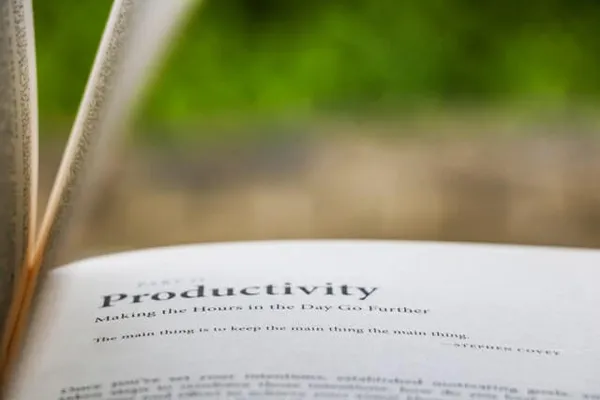
I think this is where self-awareness and reflection can impact how your productivity looks. For example, I know that I am typically more energized during the day so I will try my best to complete all my work before dinner. I know that I like to spend my evenings playing video games and lounging so I plan accordingly.
Usually, what this means is that I’ll remind myself not to start a new YouTube video or watch an episode of a show on Netflix after work, but to either go for a walk or stretch break, something that is less stimulating, and then dive into my schoolwork. I know that the moment I decide to curl up in bed or watch shows, it’s likely that I will not do any work or it’ll take a long time to get back into it. It’s like if you’re running…when you stop or walk, it’s much harder to go again.
For about 7 years, I was completing time inventories where I wrote out how much time I spent on certain tasks each week. For those who aren’t familiar with this, I would literally count the number of hours I spent working, doing schoolwork, eating, sleeping, commuting…and so on. It was a helpful way for me to realize how much extra time I had compared to what I thought I had. It acted as a reality check for me and helped me focus on ways to be more productive so I can tap into that extra time as free time. I actually stopped doing this practice a year or so ago because I’ve been able to really fine-tune my routine.
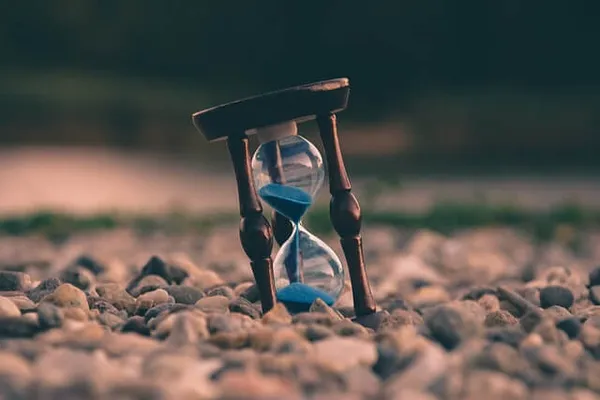
While I am still driven by the motivation to do things at times, most of the time, I’m driven by discipline now. What that means is that, over time, having a routine made tasks less daunting and more manageable. I know that the 2-3 hours after work is usually a combination of therapy sessions, working out, schoolwork, or my podcast. I always look forward to after dinner time because I know that’s when I get to relax, play games, or watch shows. I gave myself hope by looking forward to something (games at night) and acknowledged what needs to be done first.
Key learnings and things you could try:
I looove to-do lists. This has not changed for me and I don’t think I’ll ever stop having a physical to-do list. However, what has changed is the way I’ve been doing my to-do lists. To-do lists are one way for me to stay productive because it helps me stay aware of what needs to be done and when I should start on certain tasks so I’m not left with last-minute deadlines. Below are some of the methods that I’ve tried:
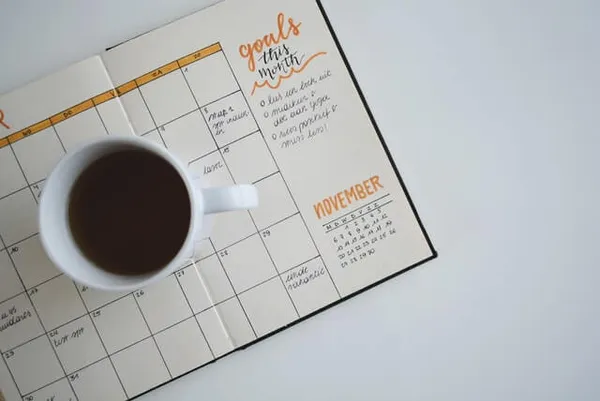
I started bullet journaling towards the end of my undergraduate degree, so about five years ago. This was mainly because I was getting into brush lettering and calligraphy and I wanted to practice it in a productive (haha) way. For those of you who aren’t familiar with bullet journaling, it’s a method of journaling that promotes personal organization developed by Ryder Carroll.
It’s a way for you to track things like habits, intentions, goals, and tasks. Some people have daily, weekly, or monthly spreads and I personally preferred having a monthly spread because it was too much work to make weekly spreads. So every month I drew out the calendar and put down my events and to-dos. I actually stopped doing this last year, mostly because I started consolidating everything onto my Google calendar and felt that it was unnecessary to have my events in two different places. Now, I have a mini calendar where I’ll highlight the days I exercise because I’ve been trying to be more diligent about my exercising. I also have monthly intentions and reflect on them at the end of each month.
If I’m finding myself overwhelmed with tasks to do, I’ll write out what I need to complete each week so that they’re all listed and easy to refer to instead of having a mental checklist, which I can easily forget. Other than that, I don’t use this as a creative outlet anymore for art and I have kept it minimal.
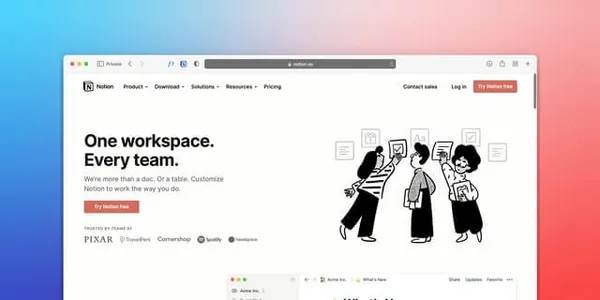
Notion is an online software that you can use for project management, organization, note-taking, and much more. I loved being able to customize my pages on Notion and it was less time-consuming compared to creating a bullet journal spread for each month. I used it for about seven months and stopped because I realized that it was much more satisfying to cross out tasks in my bullet journal compared to checking them off a digital platform. It’s also easier to open my bullet journal and jot things down compared to having access to a device and then opening up Notion.
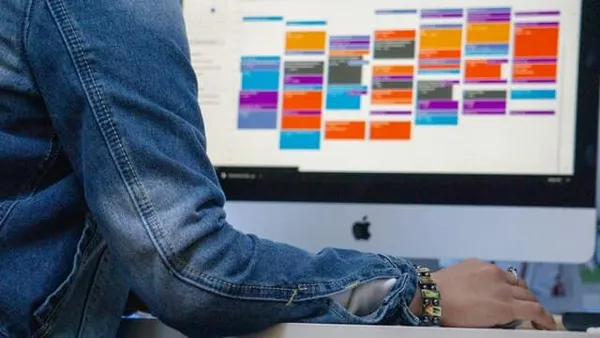
Google Calendar
I look at this daily and it is my key to organization. I keep track of my therapy appointments, major deadlines, and personal commitments on here. At the beginning of my practicum, I realized the importance of keeping my setup as simple and consolidated as possible. I do try to have some work-life boundaries so I do not sync my work calendar with my personal calendar. I only look at my work calendar when I’m working and it stays closed and logged out afterwards. I do the same with Slack, the messaging software that my work uses. My notifications are turned off after 5 pm so that I’m not bringing work home with me, especially because I’m working from home. I imagine that I’ll continue to put all my therapy appointments in my personal Google calendar when I transition to being a full-time therapist because my hours will differ weekly.
Key learnings and things you could try:
Mindfulness, or being in the present, and self-compassion have been empowering tools for me in the last couple of years. There have definitely been moments when I wanted to sit at home and play games all day because I needed to recharge my batteries.
Sometimes, I told myself that while it was okay to recharge, I needed to make sure that I was moving. This meant stretching regularly or going out for walks. On other days, I told myself it was okay that I took a break from exercise and not feel guilty about not doing something active because it’s sunny outside and I’m at home all day.
Each day is different - we have different needs, feelings, and priorities. I encourage you to listen to what you need each day and to extend yourself the same compassion and kindness that you do to others.
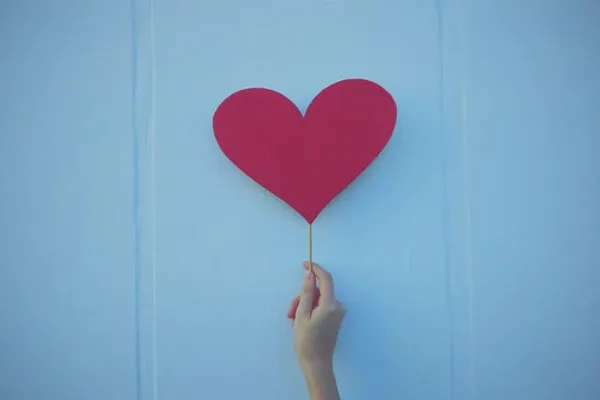
Key learnings and things you could try:
It was interesting to revisit my reflections from two years ago and how this has changed for me now. If there was one thing that was most helpful for me in finishing my degree, it was making sure I had time for myself. This meant sometimes saying no to hanging out with friends because I knew I needed to sit at home and just recharge my batteries and NOT feel guilty about it.
This also meant going back to the gym and exercising (I was on and off in 2020 and 2021), which has helped me become more focused and energized. It looked like being disciplined to finish most, if not all, of my work by dinner time so that I could have 3-4 hours of relaxing each night to play games or watch shows. Having “me” time allowed me to be hopeful and look forward to something.
So…what’s next?
I’ll be finishing up my practicum at the end of August and applying for my Registered Clinical Counsellor designation and license. I hope to be practicing as a full-fledged psychotherapist by the fall. Thanks again for all your support!
